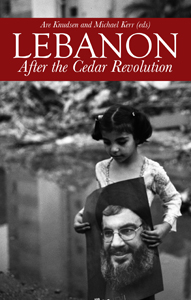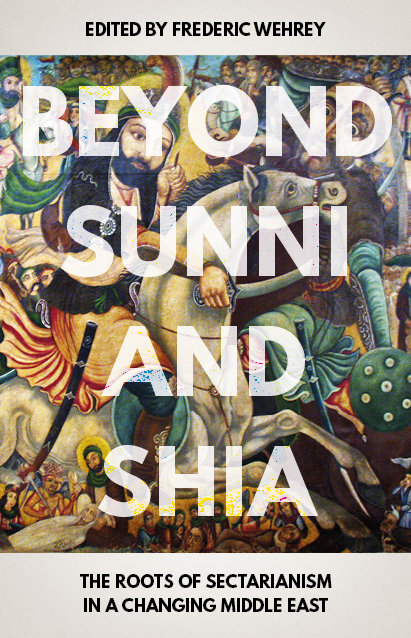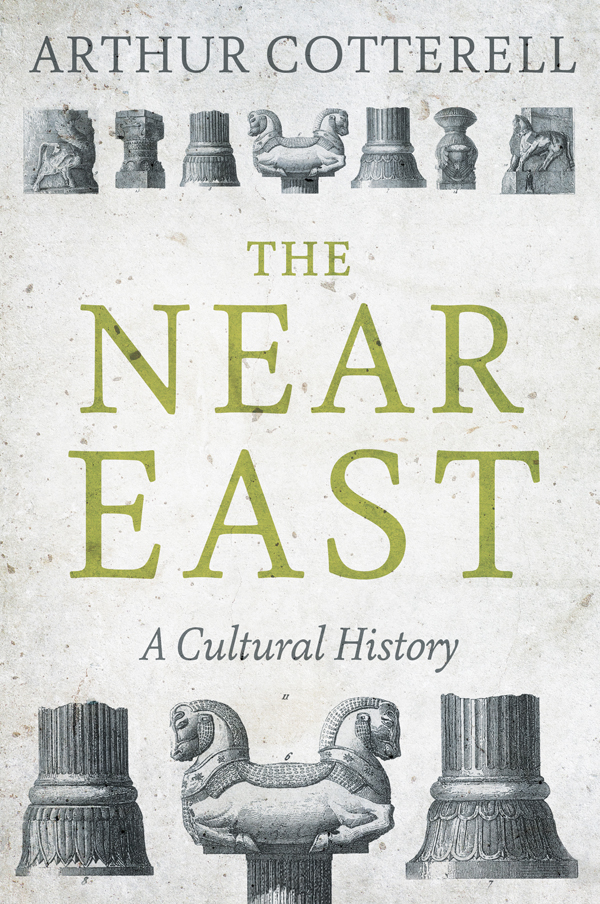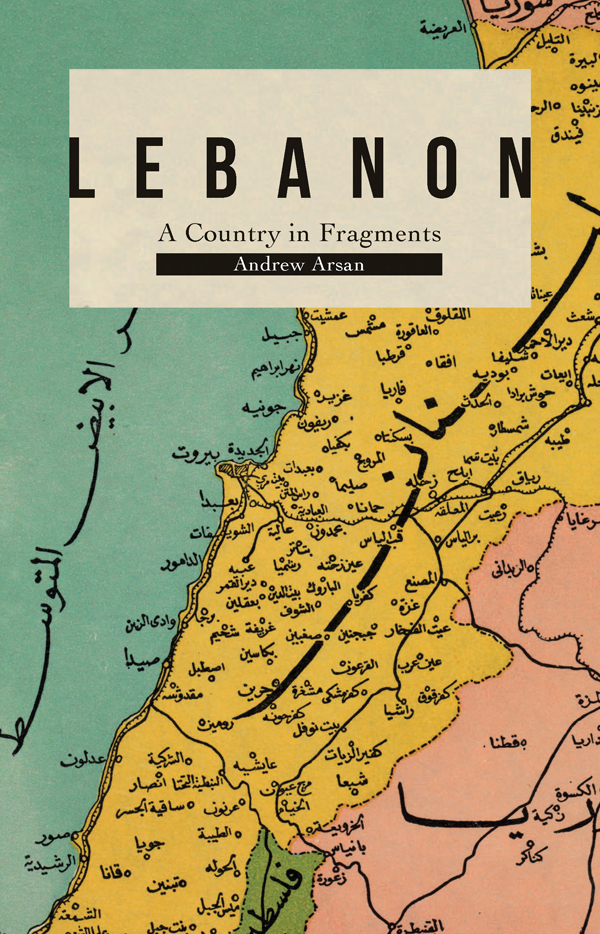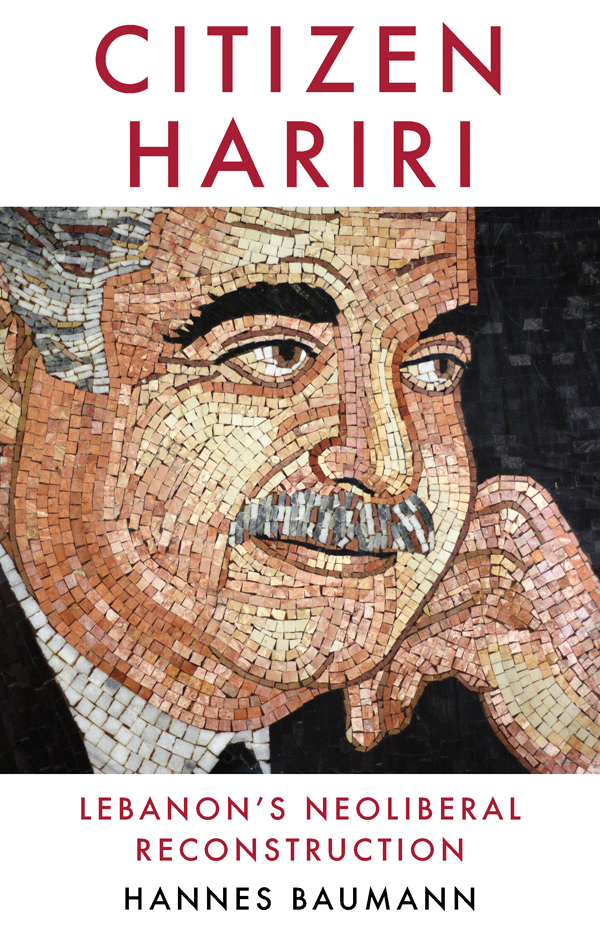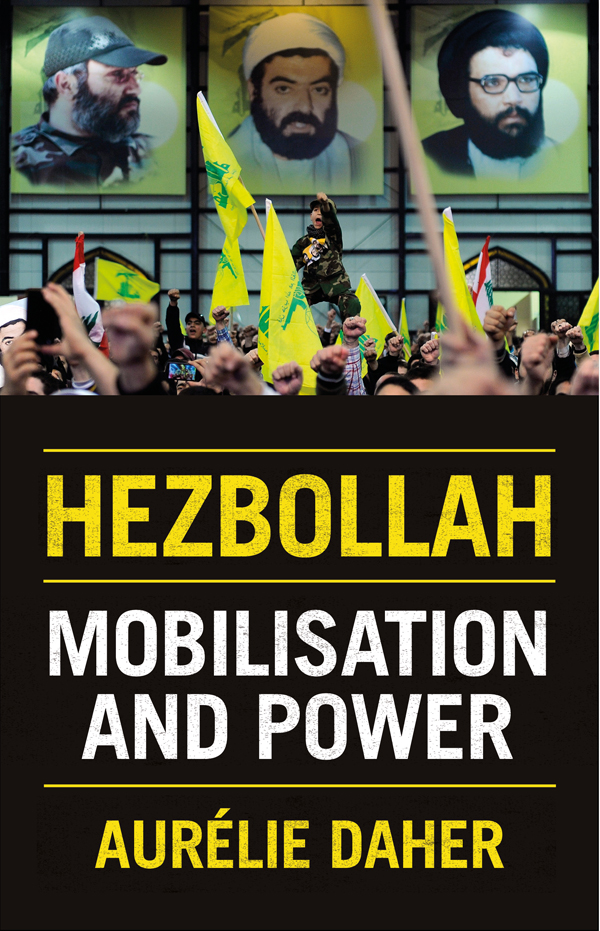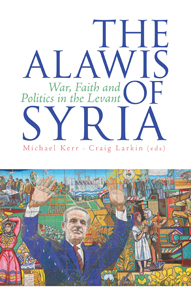Lebanon
After the Cedar Revolution
A comprehensive look at contemporary Lebanon and the ongoing attempts by Israel, Syria and Iran to influence its domestic affairs.
Description
Lebanon is the prisoner of its geography and its history, a prize for invaders since ancient times, a small multi-denominational state still recovering from a bloody civil war in its search for political autonomy and stability. This book examines the country’s recent past since 2005, when a mass movement agitated against Syrian dominance in the wake of the assassination of former prime minister Rafik Hariri. Also detailed are the role of Hezbollah and other political groups.
The authors examine the changes that these events brought to Lebanon, be they lasting or ephemeral, and the challenges they represent for a state which, despite the resilience of its power-sharing system of government, remains hotly contested and unconsolidated.
Sectarian tensions have escalated, predominantly between the Sunni and Shia communities, causing outbursts of street-based violence and paralysis in government. This two-bloc system has left Lebanon ungovernable, not simply due to deep-seated political differences, but because of the external linkages which ties the two blocs to their foreign patrons, namely the USA and Iran. As the Arab Spring develops, it also increases Hezbollah’s significance to Iran as the embattled Assad regime struggles to quash the Syrian insurgency.
Table of contents
Note on transliteration
Acknowledgements — Are Knudsen and Michael Kerr
Author Biographies
Foreword — Augustus R. Norton
PART I: FOREIGN INTERVENTION, HEGEMONY AND CONSOCIATIONALISM
1. Introduction: The Cedar Revolution And Beyond — Are Knudsen and Michael Kerr
2. Before the Revolution — Michael Kerr
3. The Limits Of Corporate Consociation: Taif and the Crisis of Power-Sharing in Lebanon Since 2005 — Amal Hamdan
PART II: SOVEREIGNTY, SECURITY AND VIOLENCE
4. Foreign Interventions, Power Sharing and the Dynamics of Conflict and Coexistence in Lebanon — Marie-Joelle Zahar
5. Lebanon in Search of Sovereignty: Post-2005 Security Dilemmas — Elizabeth Picard
6. Enclaves and Fortressed Archipelago: Violence and Governance in Lebanon’s Palestinian Refugee Camps — Sari Hanafi
PART III: ENTREPRENEURS, STATESMEN AND MARTYRS
7. The ‘New Contractor Bourgeoisie’ in Lebanese Politics: Hariri, Mikati and Fares — Hannes Baumann
8. The Reconstruction of Lebanon or the Racketeering Rule — Fabrice Balanche
9. The Making of a Martyr: Forging Rafik Hariri’s Symbolic Legacy — Ward Vloeberghs
PART IV: TRUTH, COEXISTENCE AND JUSTICE
10. ‘History’ and ‘Memory’ in Lebanon Since 2005: Blind Spots, Emotional Archives and Historiographic Challenges — Sune Haugbolle
11. Sects and the City: Socio-Spatial Perceptions and Practices of Youth in Beirut — Nasser Yassin
12. Special Tribunal for Lebanon: Homage to Hariri? — Are Knudsen
Notes
Bibliography
Index
Reviews
‘An outstanding contribution by young scholars to the understanding of modern Lebanon. In the wake of the Arab Spring, and especially the Syrian revolt, thoroughly recommended.’ — Lord Williams of Baglan, former UN Under Secretary General in the Middle East
‘Clear-eyed and often shrewd analysis of the huge political and social changes in Lebanon wrought by the Hariri assassination in 2005. Indispensable even for those who think they know the country well.’ — Roger Owen, A. J. Meyer Professor of Middle East History, Harvard University
‘They say that if you think you understand Lebanon you haven’t been studying it long enough. This book provides a shortcut. It is a must-read if you wish to understand today’s reality in this complex, fascinating and ever-attractive country. From community power-sharing to corporate consociationalism, from the state of the army to the image-making around the late Rafiq Hariri, a wide range of topics are covered in great depth.’ — Frances Guy, British Ambassador to Beirut, 2006 – 2011
‘The book begins with a concise and informative summary by the co-editor Michael Kerr …overall there is a deft balance between scholarly discourse and the personal observation of an insider.’ – Times Literary Supplement
‘Compiled and edited with care, this timely volume is essential for anyone wishing to understand the complex eddies of contemporary Lebanon, showcasing true regional expertise without ever abandoning objectivity or critical independence. As a work that explains the intricacies of Lebanese politics post-Hariri with clarity and precision, this cannot be surpassed.’ — Clive Jones, Chair of Middle East Studies and International Politics, University of Leeds
‘The expert contributions to this sophisticated volume address the tumultuous politics of post-2005 Lebanon. This is a valiant effort to throw light on the complexity of the country’s conflicts, its diverse internal identities and commonalities, its power-sharing arrangements and their intricate connections to regional and international actors and processes. The authors carefully trace the continuities from and ruptures with the country’s previous history. This is academia at its best, balancing empirical detail with conceptual sophistication and bringing together various disciplinary perspectives.’ — Katerina Dalacoura, Senior Lecturer in International Relations, London School of Economics
‘This book presents astute critical readings of post-“Cedar Revolution” Lebanon. Its interdisciplinary analysis of contemporary Lebanese history and politics offers an excellent overview of the on-going struggle over powersharing, state security, economic revitalisation and the post-war recovery.’ –– Craig Larkin, University of Exeter
‘Lebanon After the Cedar Revolution is indispensable reading not only for those seeking to understand how seemingly ungovernable fractious identities can be governed, and indeed can thrive. This is an exhaustive, sophisticated, and unique reference book on Lebanon as a window to the Levant, and to the feuding identities of the Middle East at large. It is a lucid, illuminating compilation that offers much needed catharsis and relief from a body of traditional analyses and interpretations of the region that often fall short, and mislead more than illuminate.’ — The Levantine Review
‘In eleven excellent and richly sourced essays, the authors of this volume dissect how and why [sectarian conflict] has been the dismal outcome of what was supposed to be a ‘revolution’. Although their work does not make for comfortable reading, they present what is probably the best-informed and documented analysis of this hapless country’s politics for over a decade.’ — International Affairs
Editor(s)
Michael Kerr is Professor of Conflict Studies and Director of the Institute for Middle Eastern Studies, King's College London.
Are Knudsen is a Senior Researcher at the Chr. Michelsen Institute (CMI), Bergen, Norway.
